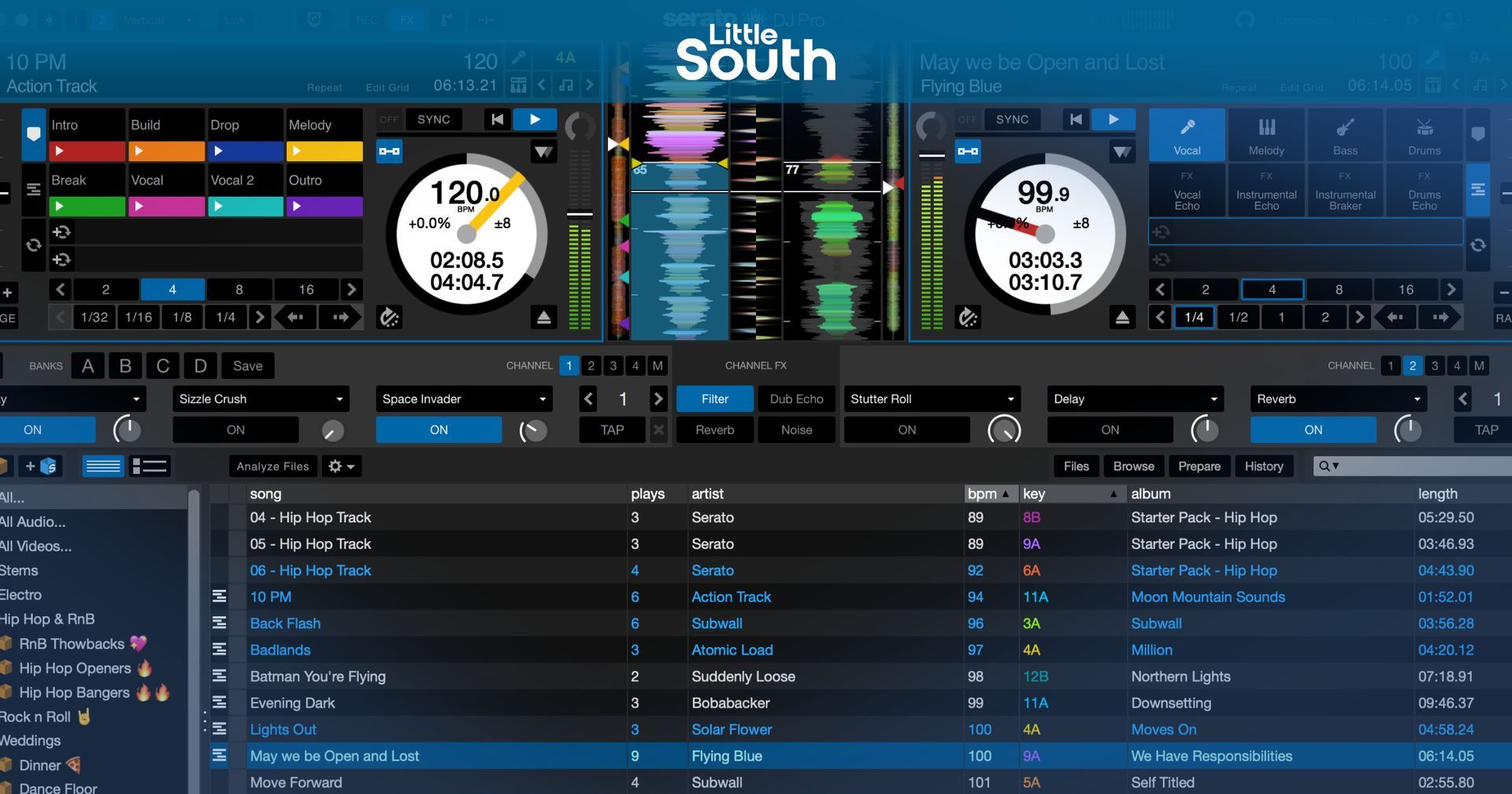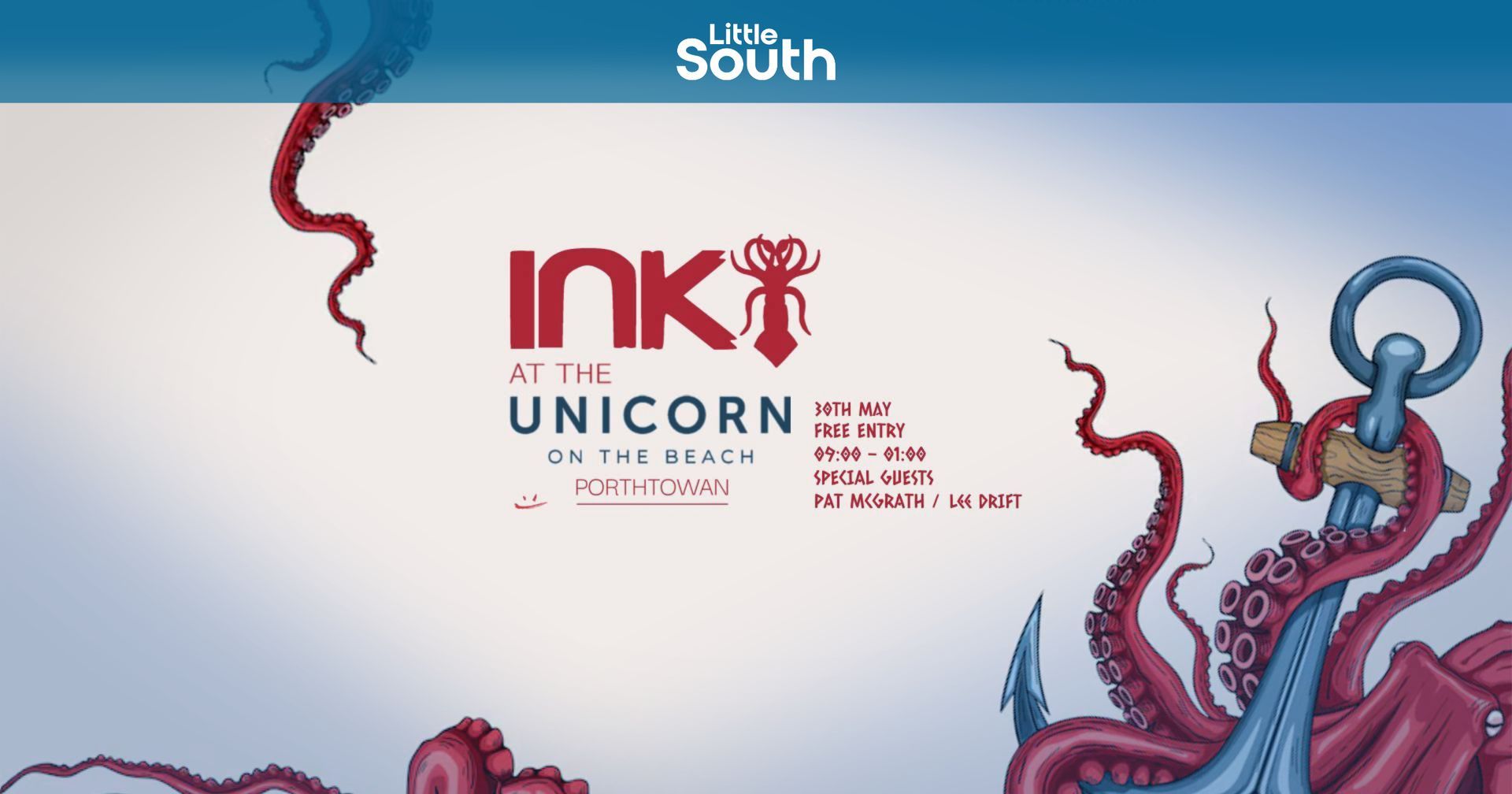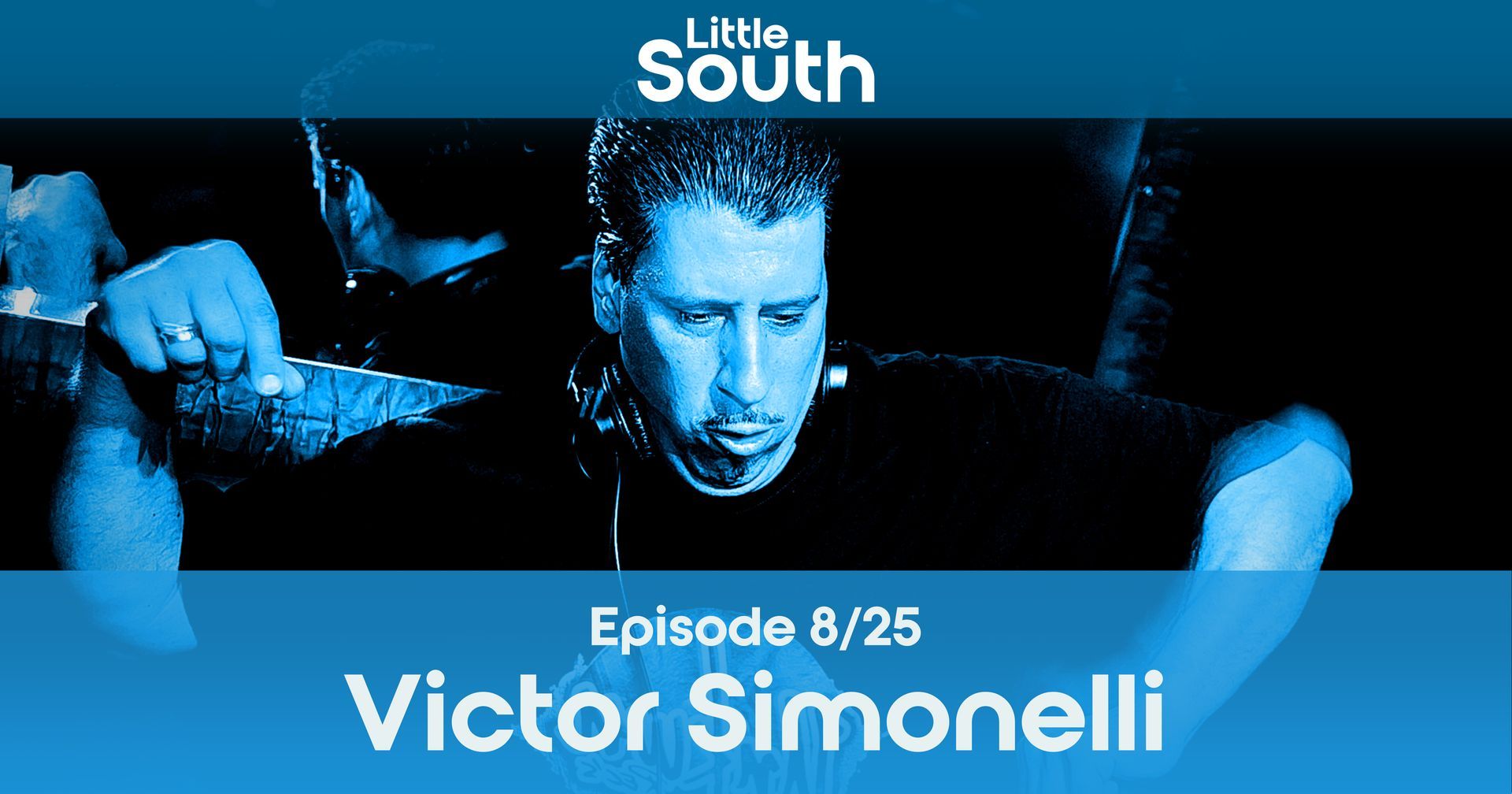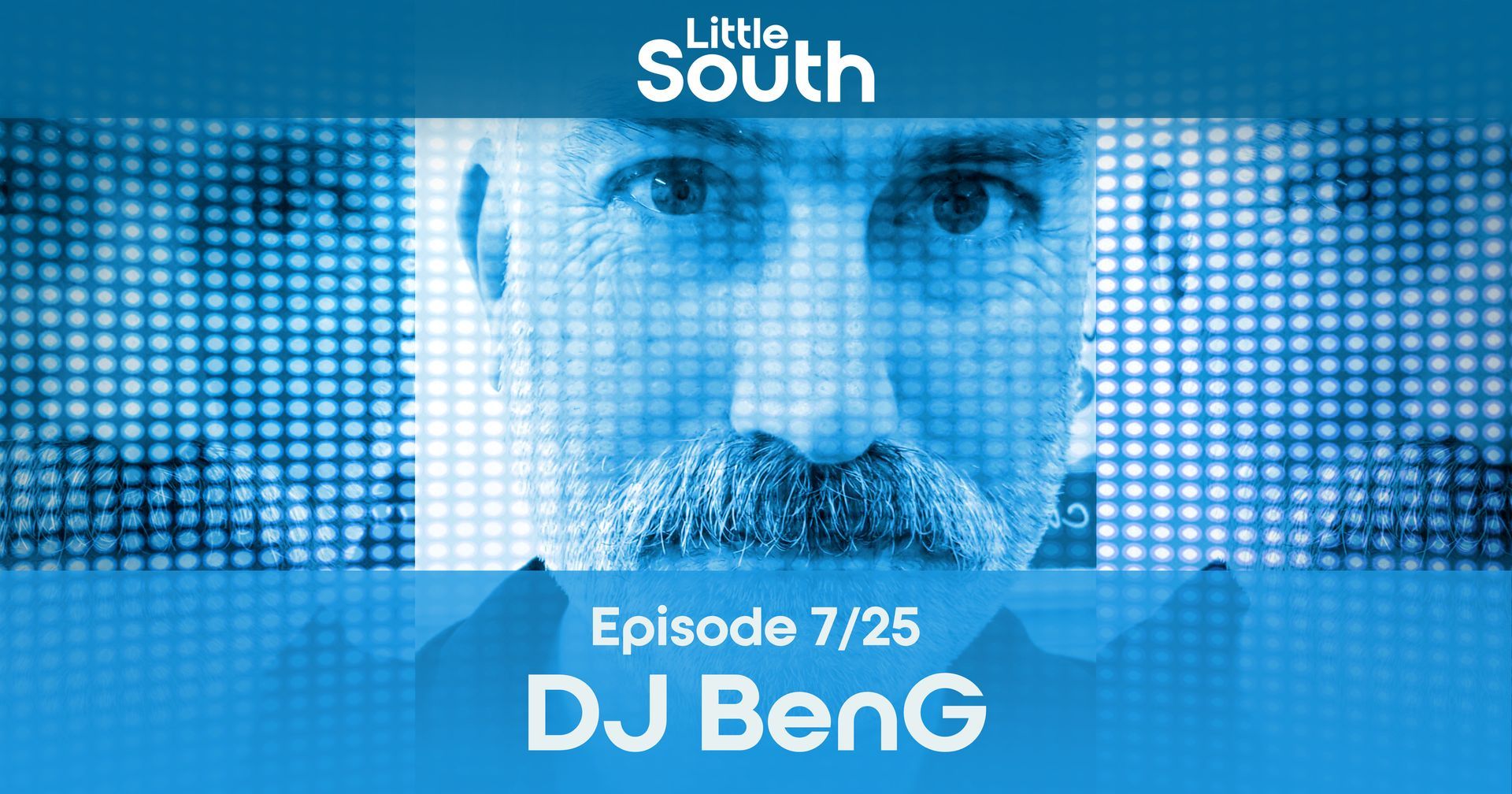A New Direction For DJ Software
What’s Happening with Traktor, Serato, and the Future of DJing.
As a long-time Traktor user, I have always admired the software's depth and flexibility, which allow DJs to craft their sets with precision and creativity. However, the DJ software landscape has recently shifted in interesting ways. Native Instruments released Traktor Pro 4, which sparked excitement among its users; shortly after, Serato released an update that unexpectedly expanded its compatibility with Native Instruments hardware. Let us look at what these changes might mean for Traktor fans and the larger DJ community.
Serato’s Expansion: A Competitive Play?
Serato's most recent update, which adds support for Native Instruments controllers such as the Traktor Kontrol S2 MK3 and S3, raises some interesting questions. This move allows Serato to tap into a previously Traktor-only user base, giving DJs the option of using Serato's software on hardware they already own. It could be interpreted as a strategic effort to encourage DJs who prefer Traktor hardware to try Serato, particularly its advanced features like stem-separation, which allows users to manipulate individual elements of a track live, such as vocals or basslines. This could be perceived as Serato challenging Traktor directly, aiming to attract some of its users by offering compatibility with their existing equipment. By supporting these popular Native Instruments controllers, Serato isn’t just broadening its user base; it’s making a statement about versatility and choice in DJ software.
Native Instruments’ Possible Strategy Shift
On the other hand, Native Instruments' apparent willingness to collaborate with Serato could suggest a shift in their strategy. Rather than sticking to a single-software approach, they might be looking to make their hardware more versatile, allowing it to work with multiple DJ software platforms. This would make their products more appealing to a wider range of DJs, catering to those who prefer different software without requiring them to switch hardware. This approach could be particularly effective in light of the recent decision by the New Zealand Commerce Commission to block AlphaTheta’s (owner of Pioneer DJ and Rekordbox) attempt to acquire Serato. The regulatory body expressed concerns that such a merger would reduce competition and potentially harm consumers by raising prices or reducing the quality of DJ software available. Native Instruments, by contrast, might be positioning itself to benefit from a market that values choice and diversity.
Traktor: The Fall from the Top
However, it’s important to acknowledge that Traktor isn’t quite the powerhouse it once was in the DJ software market. There was a time when Traktor was considered the leader in digital DJing, celebrated for its innovation and robust feature set. It was the go-to software for many professional DJs, particularly in the realms of electronic music and club DJing. But times have changed. Traktor has seen its position slip in the rankings over the past few years, now finding itself in fourth place behind competitors like Serato DJ Pro, Rekordbox DJ, and VirtualDJ.
Several factors have contributed to this decline:
- Stiffer Competition: Competitors like Serato and Rekordbox have been aggressive in expanding their user bases, offering features that directly appeal to both new and seasoned DJs. Serato, for example, has made significant strides with its integration of streaming services, user-friendly interface, and recent compatibility with a wider range of hardware. Rekordbox, backed by Pioneer DJ, has cemented its place in clubs worldwide, making it a default choice for many professionals.
- Lack of Frequent Updates: For a period, Native Instruments seemed to lag in terms of updating Traktor and introducing new features. While Traktor was revolutionary with its introduction of the Remix Decks and later the Stem Decks, there was a lull in significant updates, during which time competitors were rapidly evolving their software offerings and hardware compatibility.
- Shift in Market Needs: As the DJ market has expanded, so too have the needs and preferences of DJs. There’s been a noticeable trend towards more user-friendly, accessible software that integrates seamlessly with streaming platforms and a variety of hardware setups. Traktor, with its deep customisation options and unique workflow, remains popular among a niche of highly technical DJs but may not appeal as broadly to the newer generation of DJs looking for plug-and-play simplicity.
Implications for Traktor Users
For those of us who favour Traktor, these developments are quite significant. First, it’s a signal that Native Instruments is still actively involved in the DJ software game and potentially preparing for something new. Whether it’s a new line of hardware or further enhancements to Traktor Pro 4, there’s a sense that they’re aiming to provide more value and options to their user base.
Additionally, the fact that Serato is pushing into Traktor’s territory could spur Native Instruments to innovate even further, ensuring that Traktor remains a competitive choice. Traktor has always been known for its customisability and its unique features, such as the Remix Decks and Stem Decks, which offer DJs a lot of creative freedom. With Serato now also vying for the same users, Native Instruments might be motivated to enhance these capabilities or introduce new ones to maintain their appeal.
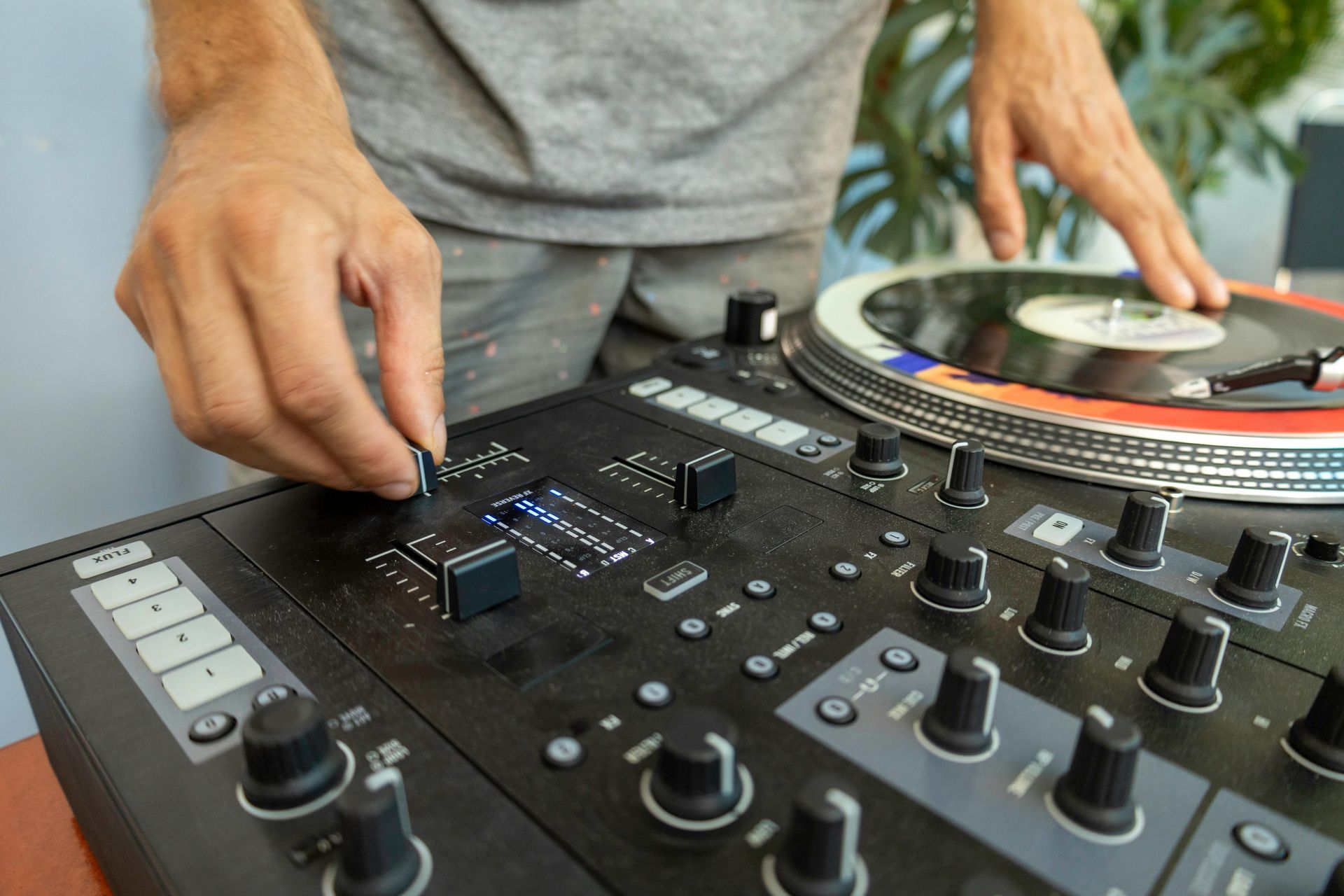
What’s Next for the DJ Software Landscape?
The DJ software world is clearly in a state of change, with key players making moves to capture more of the market. For Traktor enthusiasts, this could mean exciting updates and new features are on the horizon as Native Instruments responds to the increasing competition. And for the broader DJ community, the push towards more versatile, cross-compatible equipment and software is likely to continue, which can only be a good thing for those looking for the best tools to express their musical creativity.
In the end, whether you’re a Traktor loyalist or just keeping an eye on industry trends, it’s an interesting time to be a DJ. The next few months could bring new products, updates, and perhaps even more surprising collaborations. Whatever happens, it’s clear that the world of DJ software is evolving—and it’s time for Traktor
to rise to the challenge.
Written by
